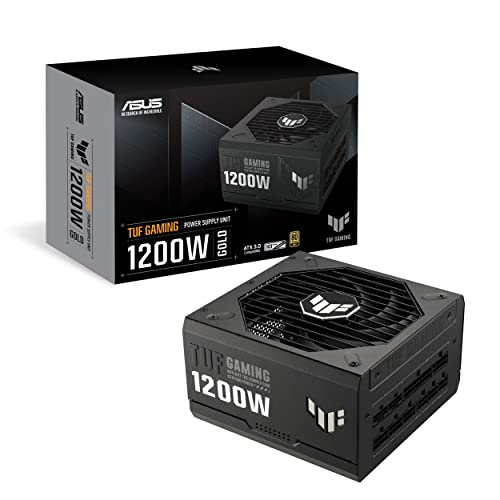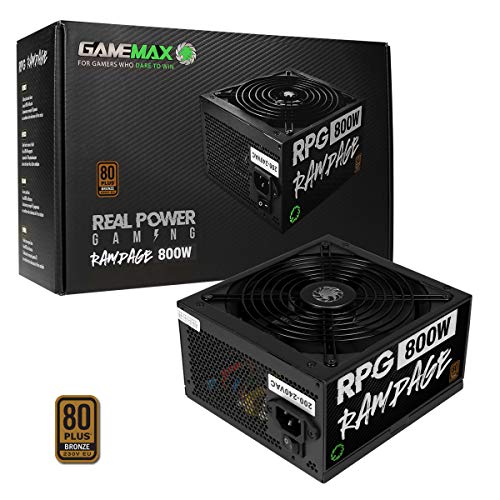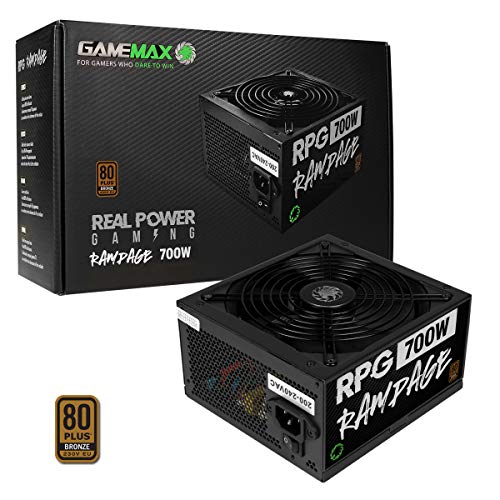Understanding PC Power Supplies: What They Do and Why They Matter
What is a PC Power Supply?
A PC power supply unit (PSU) is the component that converts electricity from your wall socket into usable power for your computer. Think of it as the heart of your PC, distributing the right amount of energy to each part—such as the motherboard, graphics card, and storage devices—so that everything runs smoothly. Without it, your computer wouldn’t start at all.
Why Power Supplies Are Essential
Power supplies are crucial because they ensure that your system has a stable and reliable source of electricity. If the power supply is inadequate or faulty, it can lead to system instability, crashing, or even hardware damage. In short, a good power supply helps keep your computer safe and functional, enabling it to perform optimally.
Key Features to Look for When Buying a PC Power Supply
Efficiency Ratings Matter
One of the most important features to consider is the efficiency rating of the PSU. An efficient power supply wastes less energy as heat and saves you money on electricity bills. Look for power supplies with an efficiency rating of at least 80%, denoted as 80 Plus certification, which signifies good performance.
Modularity for Easy Cable Management
Another feature to think about is modularity. Power supplies can be fully modular, semi-modular, or non-modular. A fully modular power supply allows you to use only the cables you need, making cable management cleaner and airflow better. This is particularly beneficial if you’re aiming for a tidy build.
Protection Features
Safety features are crucial in choosing a PSU. Look for units that offer over-voltage, under-voltage, and short-circuit protection. These features safeguard your components by preventing excess electricity from causing damage, thereby extending the lifespan of your PC hardware.
The Importance of Wattage: Find the Right Power for Your Build
Calculating Your Needs
Wattage is a key factor in guaranteeing that your power supply can handle the load of your components. To determine the wattage you need, add up the power requirements of each component—such as the CPU, GPU, and any additional drives. Online wattage calculators can help if you want a straightforward way to estimate your total.
Future-Proofing Your Build
It’s wise to opt for a power supply that offers a bit more wattage than your current needs. This excess capacity allows for future upgrades, such as adding a more powerful graphics card or additional drives. It’s not just about meeting today’s requirements but planning for tomorrow’s needs too.
Choosing the Right Connectors for Your Components
Understanding Connector Types
Different components require different types of connectors. For instance, graphics cards typically need 6-pin or 8-pin PCIe connectors, while motherboards require a 24-pin connector. Make sure the power supply you choose has all the necessary connectors that fit your components.
Checking Compatibility
Compatibility goes beyond just having the right types of connectors; it’s also about ensuring that the PSU can actually power all components effectively. Always cross-check the requirements of your components with the PSU specifications to make sure everything aligns.
Our Top Picks: Reliable PC Power Supplies for Every Budget
For Budget Builders
If you’re building a basic PC or gaming setup without breaking the bank, consider an entry-level power supply that balances price and performance. Many brands offer reliable options in the 400 to 500-watt range that are perfect for simpler builds.
For Mid-Range Systems
For gamers or users who require a little more power, we recommend looking into power supplies that fall between 600 and 750 watts. This wattage range ensures you have enough juice for mid-range graphics cards and additional components.
High-End Options
If you’re planning a high-end gaming rig or workstation, investing in a power supply over 750 watts can be a wise choice. Opt for models from reputable brands that boast fully modular designs and top-notch efficiency ratings, ensuring your demanding components receive all the power they need.
























